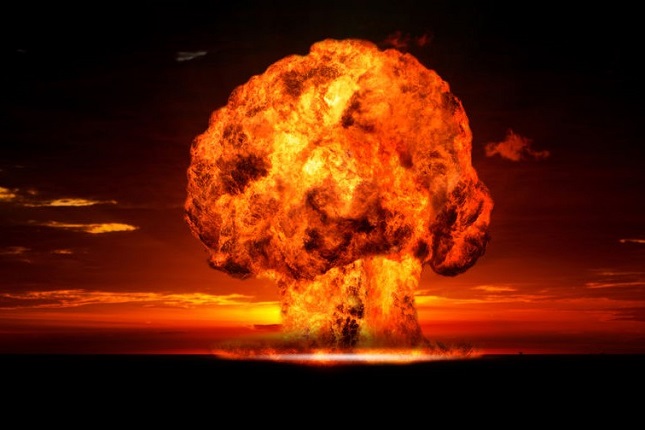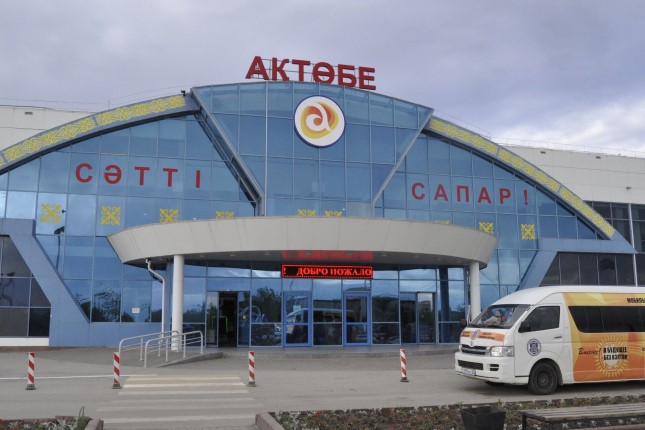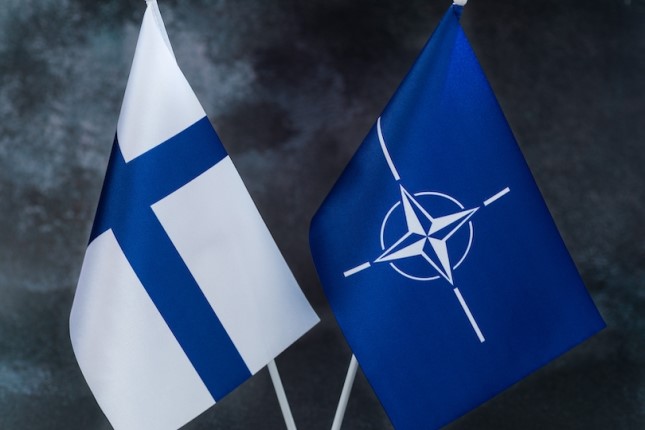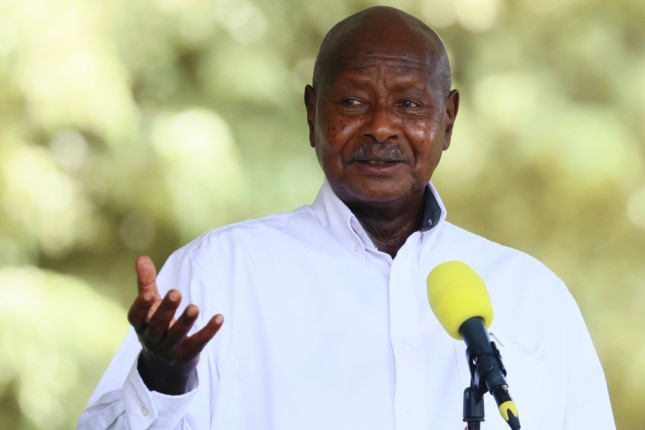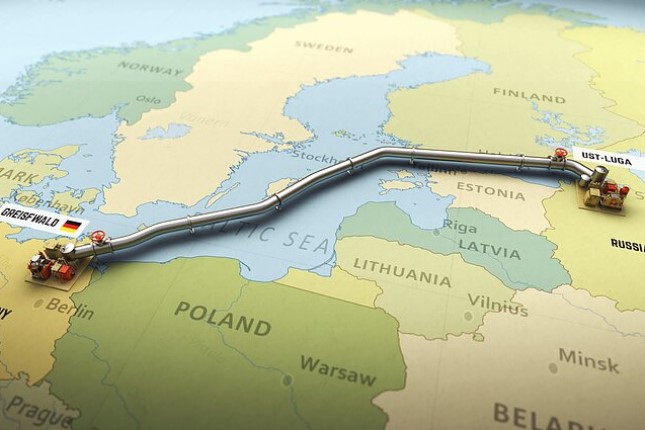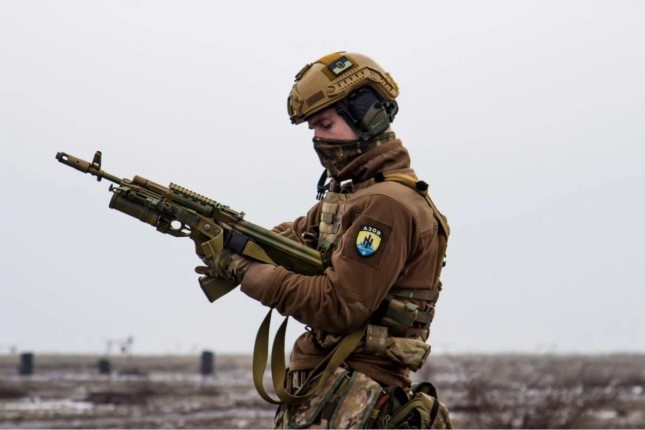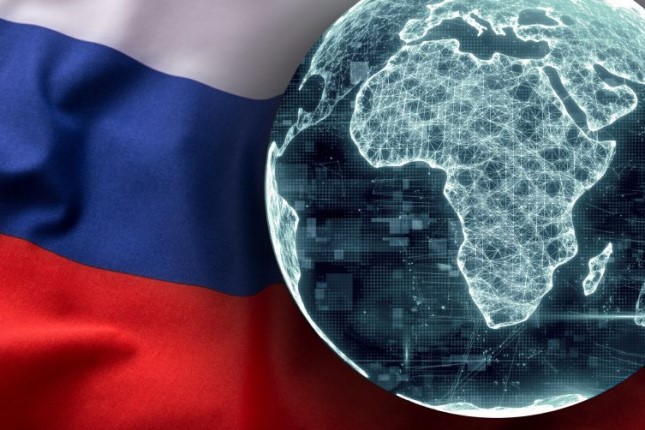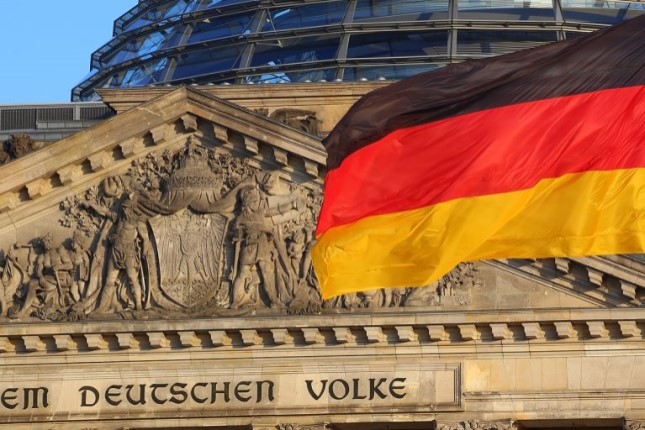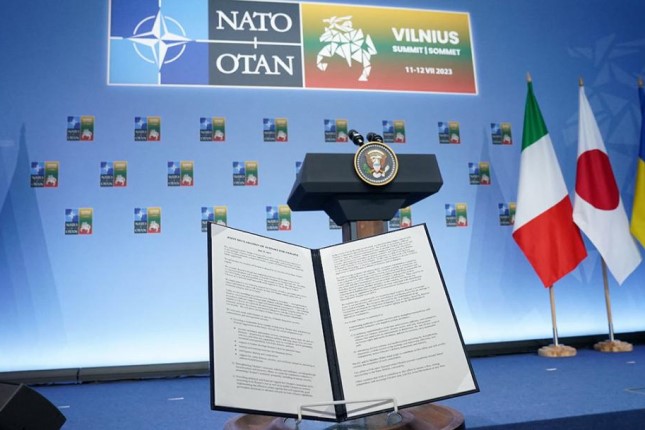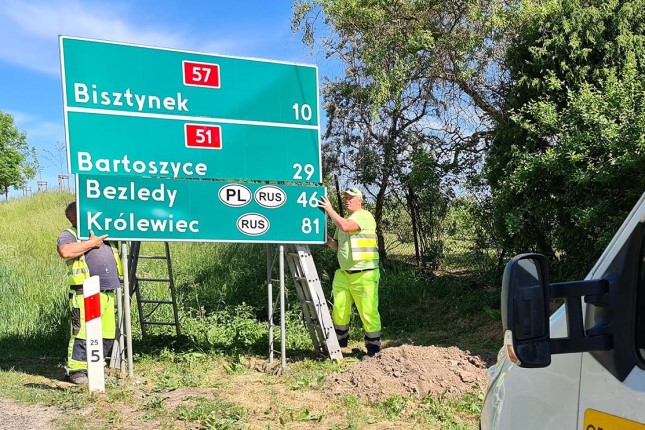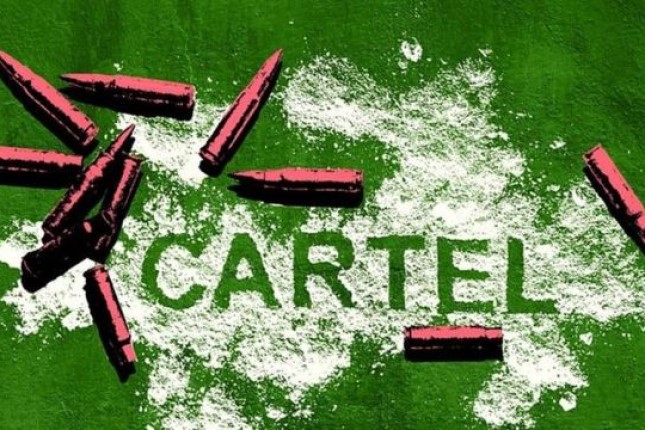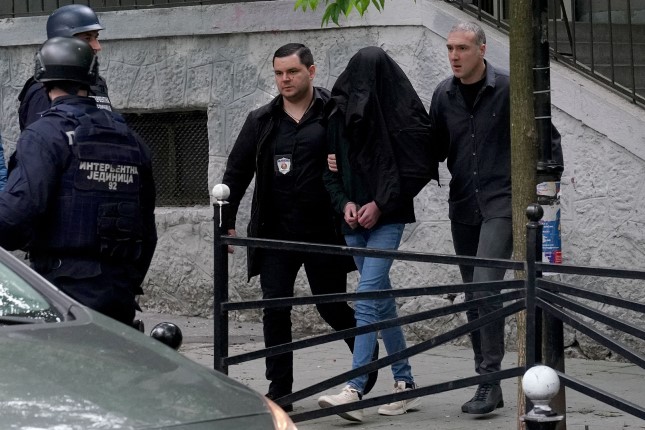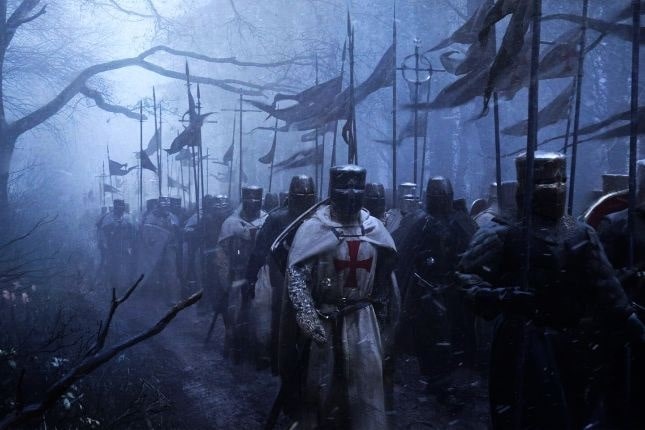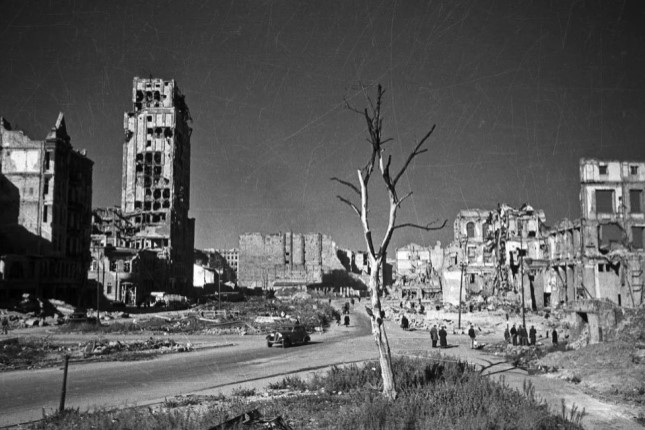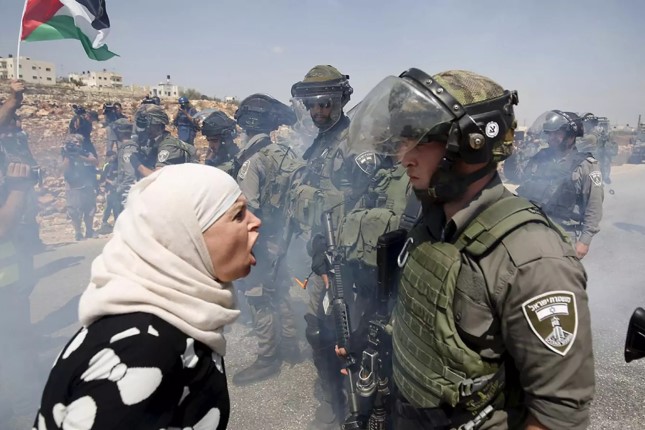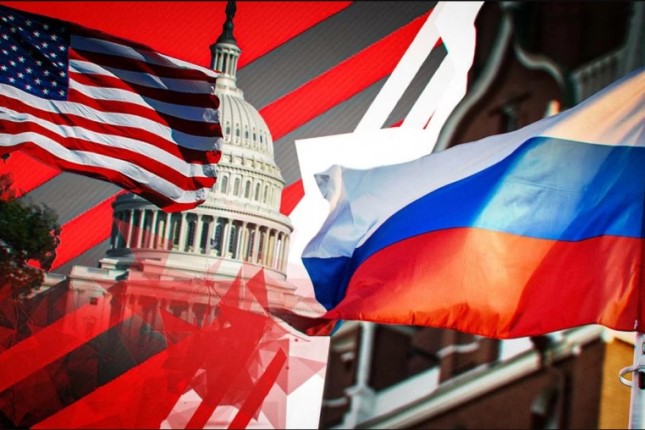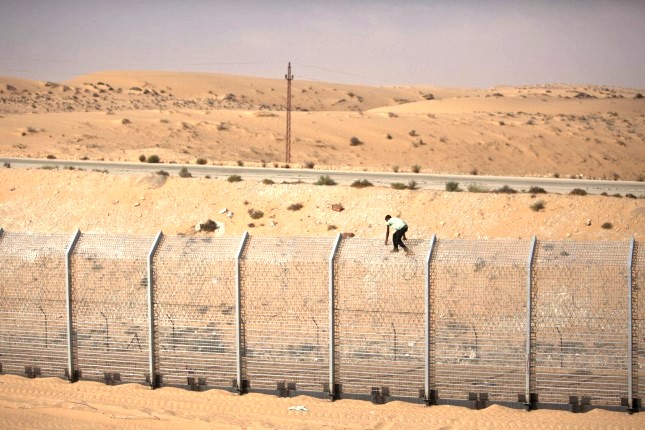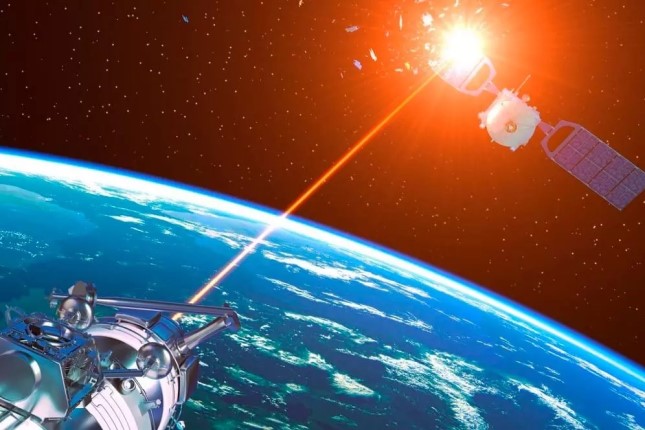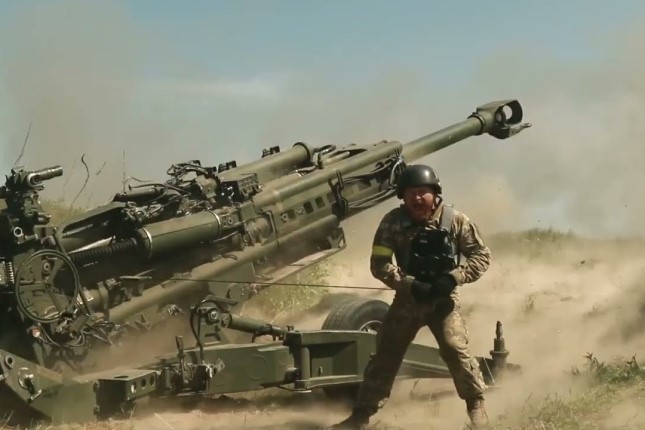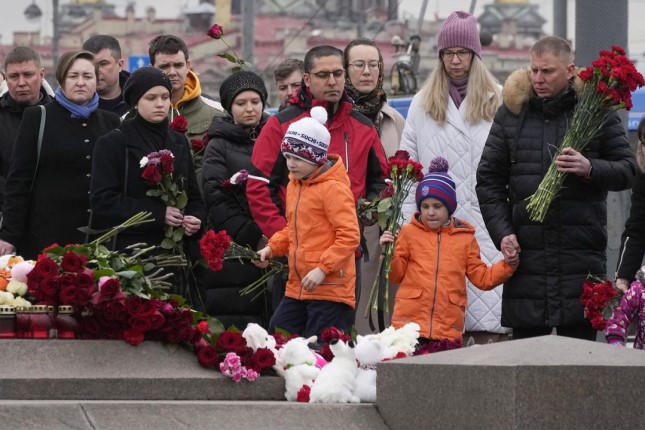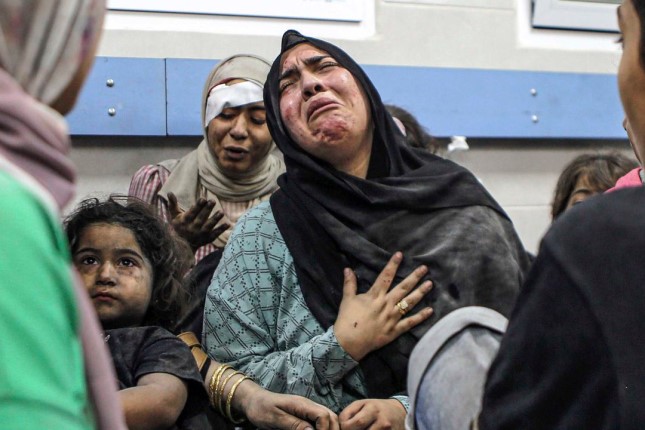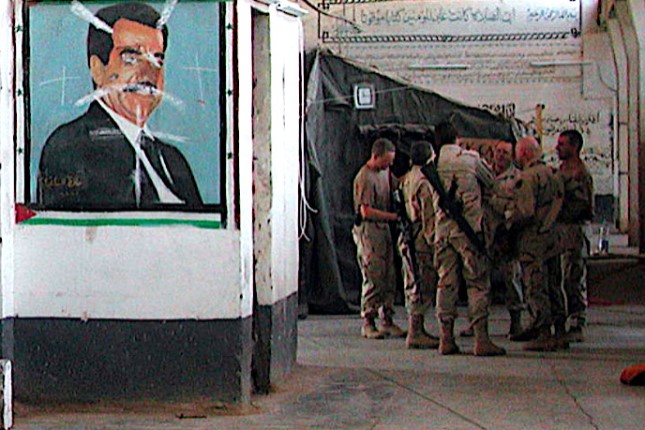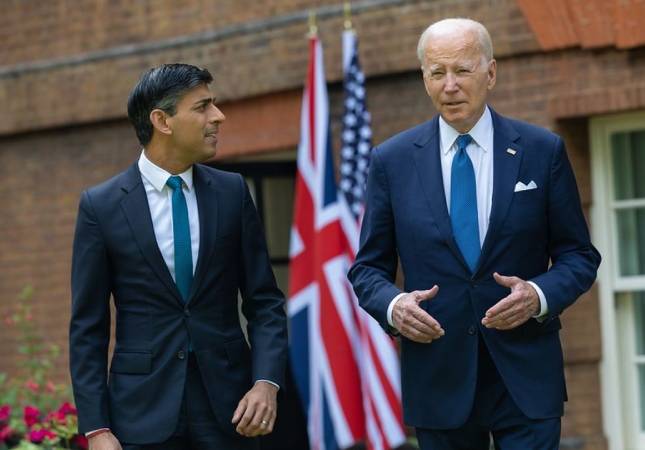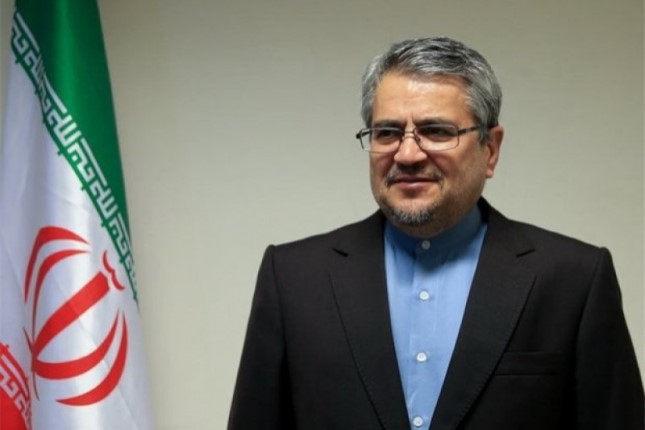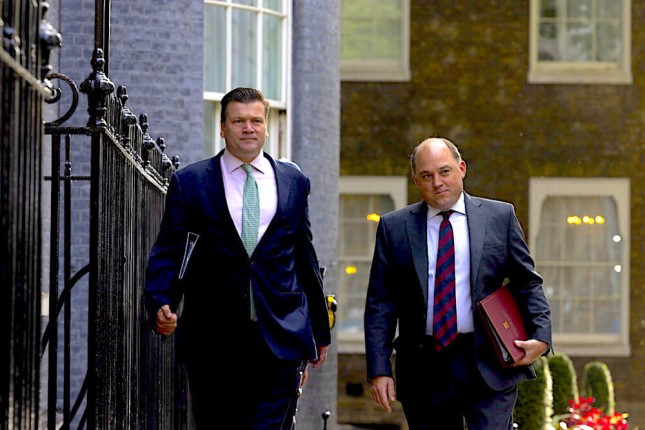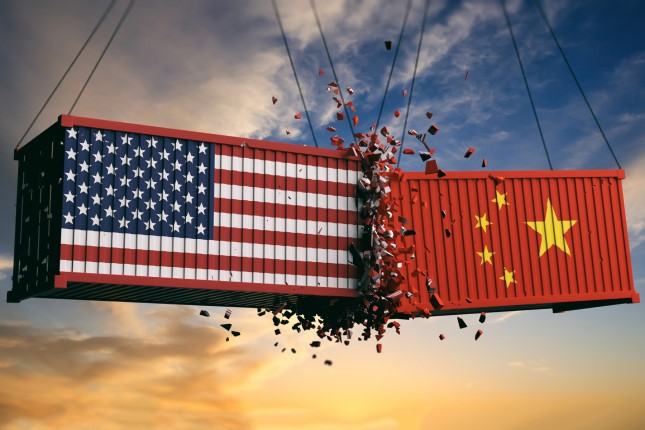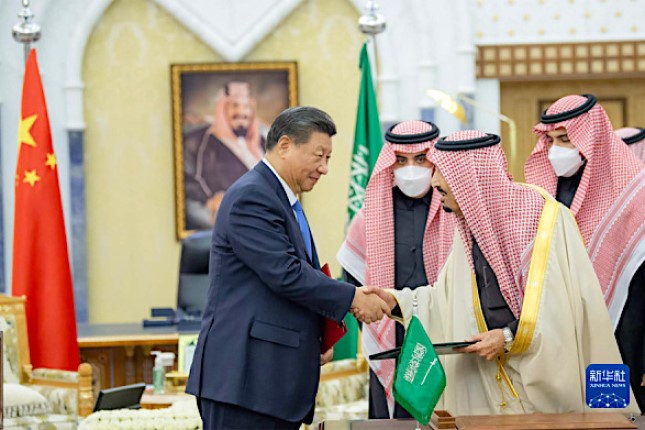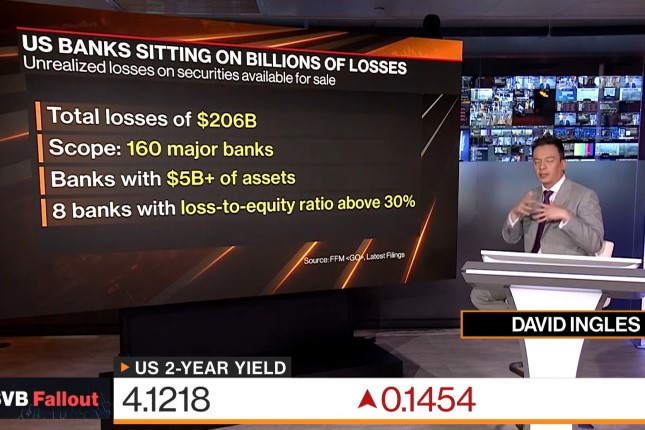"The prospect of nuclear conflict, once unthinkable, is now back within the realm of possibility," said Ramesh Rajasingham, Director of the UN Office for the Coordination of Humanitarian Affairs, on May 25, 2022.
Different sources have speculated about the likelihood of a nuclear escalation in Ukraine, but this statement is different. Firstly, it was made by a high-ranking UN official. Secondly, the "signal" from the highest international body, coupled with earlier statements made by defence agencies, experts and various intellectuals, implies that the global elites are taking this threat seriously. The logic of the Ukraine conflict suggests that a nuclear incident will either happen in the coming weeks or the nuclear option will not be contemplated unless the conflict escalates into a large-scale war.
This article does not cover the trivial ruminations or statements of various politicians, defence officials or political pundits on the Ukraine conflict as the cause of an all-out war between nuclear powers.
Nuclear war in the context of Ukraine was first mentioned on April 15, 2022, by Lieutenant Colonel Alexander Khodakovsky on his private Telegram messaging channel. As commanding officer of the DNR’s Vostok battalion, Khodakovsky took part in the siege of Mariupol and the blockade of Ukrainian neo-Nazi fighters at the Azovstal steelworks. Being a shrewd intellectual, Khodakovsky argues that the effectiveness of all conventional weapons in modern warfare, including missiles, has declined dramatically. Khodakovsky concludes a lengthy analysis of operations in his combat area by saying that the Ukraine war is the last time Russia fights with conventional weapons. In his opinion, the next war will only be waged with nuclear weapons.
It should be noted that Khodakovsky is a far-sighted politician and military leader. At the outset of the war in the Donbas in 2014-2015, his military and political analysis considered a variety of subtleties and interests that reached far beyond the regional boundaries. In other words, when Khodakovsky publicly says that the use of a nuclear weapon by Russia is justified militarily and inevitable in a conflict close in format to the one in Ukraine, this "signal from the trenches" should be taken seriously, especially given that using nuclear weapons in this complex. Still, a local combat area populated by former "Soviet people" is improbable, unacceptable from any point of view and contrary to Russia’s interests.
Another notable discussion of the nuclear option in Ukraine has an entirely different dimension. This time "the big guns" have been used, namely Oliver Stone, an American film director, screenwriter, producer and three-time Oscar winner. Oliver Stone has very close contacts in Russia’s higher echelons of power, so his assessment seems to reflect what Russia’s military and political elite "knows" about the "nuclear set-up" that is being prepared for Russia in Ukraine.
"I wonder if the United States was preparing the ground for a low-yield nuclear explosion of unknown origin somewhere in the Donbas, which would kill thousands of Ukrainians? Of course, if this happened, God forbid, then the whole world, trained like Pavlov's dog, would blame Russia. This fault was already set in advance, regardless of who started the device. Russia would be Satan, Beelzebub. Keep in mind that it's hard to know where a nuclear device came from, especially in such a fast-paced situation," Oliver Stone wrote on Twitter.
According to Oliver Stone, such actions are necessary for Washington to influence "the remaining 50% of world public opinion that does not belong to the Western camp" and "isolate China from Russia." He is sure that after the "fall" of Moscow, Beijing will be "the next target". To put it differently, a nuclear provocation in Eastern Ukraine may be arranged to blame Russia and set the entire world against Moscow by outlawing the Russians and launching a war of annihilation.
The Russian Defense Ministry described a similar scenario in late April, but it did so in greater detail than Oliver Stone. The Russian military said that the United States was preparing provocations in Ukraine to blame Russia’s armed forces for using chemical, biological or tactical nuclear weapons. At the same time, such provocations should be viewed as "a response to Russia's success in conducting a special military operation in Ukraine". According to the Ministry of Defense, "a false-flag incident" is likely to be used to blame Russia for using weapons of mass destruction.
It was thought that a false-flag operation could be staged at chemical and biological facilities in Kharkiv and Kyiv and the Zaporizhzhia nuclear power plant, which is now controlled by Russian troops. "It may involve using chemical and biological weapons leading to civilian casualties or a staged "act of sabotage" by Russia at Ukrainian facilities engaged in developing components for weapons of mass destruction," the Defense Ministry said on April 23, 2022.
Russia's concern about the "nuclear option" is not just a propaganda ploy, as evidenced by a recent statement by Rafael Grossi, head of the IAEA, at the Davos Economic Forum in late May. He said that the Zaporizhzhia nuclear plant in Energodar, which was urgently taken over by Russian troops during the Ukraine war on February 28, held "30,000 kilos of plutonium and 40,000 kilos of enriched uranium". That was a huge stock of radioactive material suitable for producing nuclear weapons. Some of this material may have been transported from Energodar to another location. Most importantly, Ukraine has the capabilities to make both a nuclear charge and, if required, a delivery vehicle.
The raft of reports from some of the most influential international institutions, such as the UN and the Davos Economic Forum, has coincided with a turning point on the Donetsk front. With the surrender of the Azovstal garrison and the imminent fall of Ukraine’s forces in the Donbas fortified area, the delicate balance of power has started tilting in Russia's favour. While this area has not fallen completely, some parties still hope to reverse the situation by blaming Moscow for a nuclear strike and, as Oliver Stone put it, by demonizing Russia to ensure its complete and rapid isolation. In addition, the nuclear provocation may be used as a pretext for sending foreign troops and "peace-keeping forces" into Ukraine. However, the window of opportunity for advocates of the nuclear option will close as soon Russian troops break through the Donetsk front and take control of Ukraine’s key cities.
